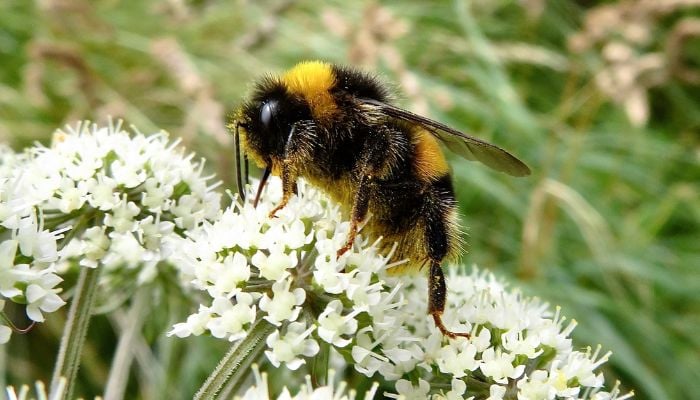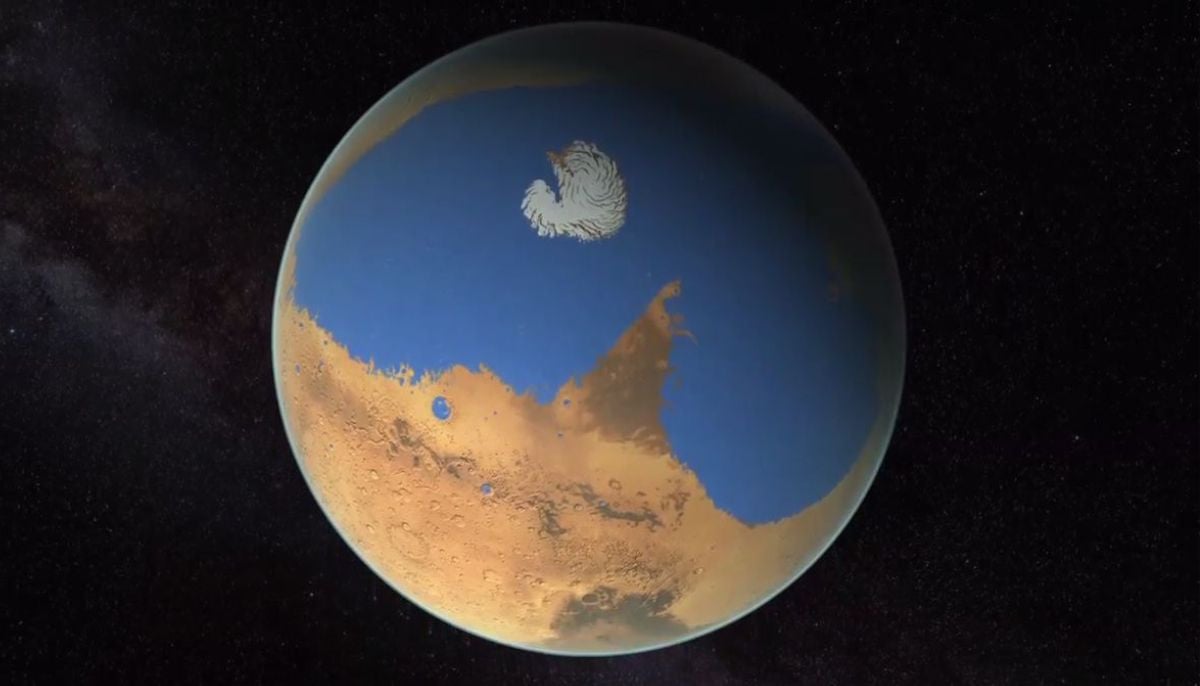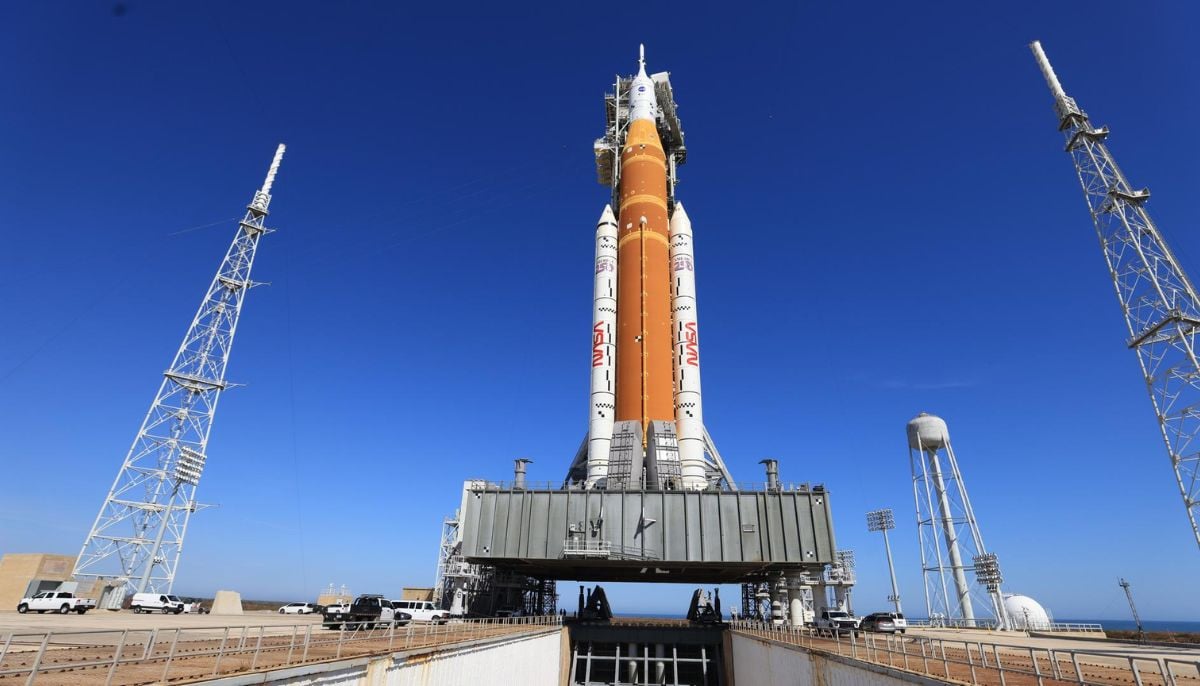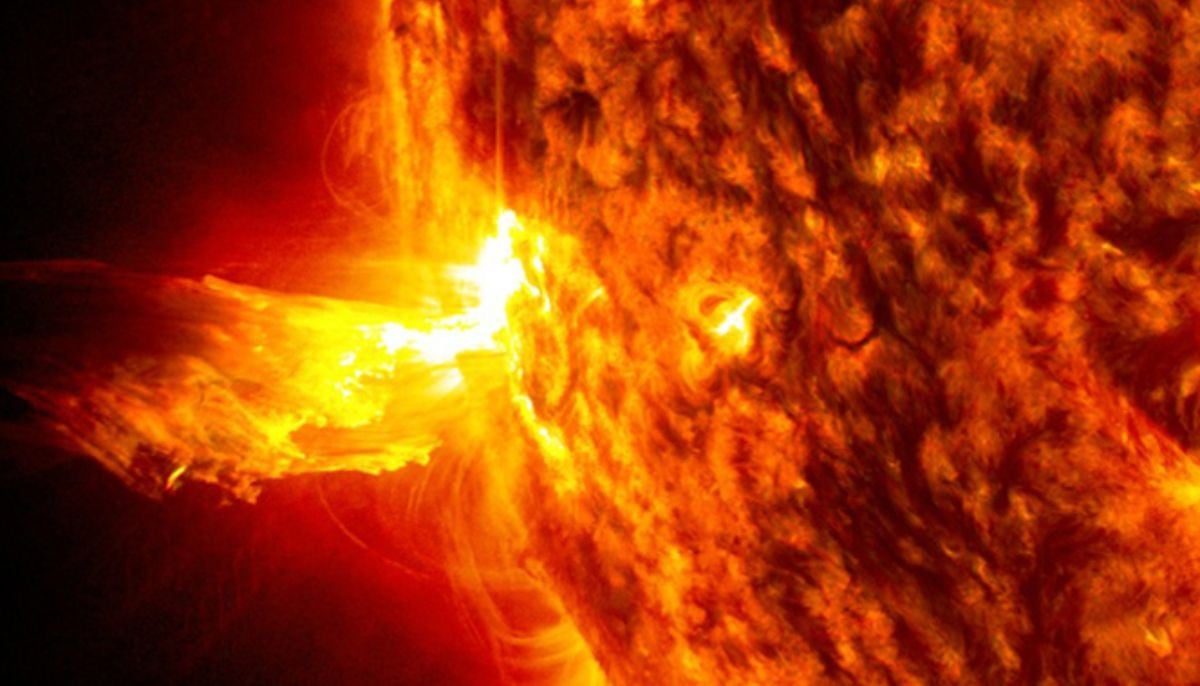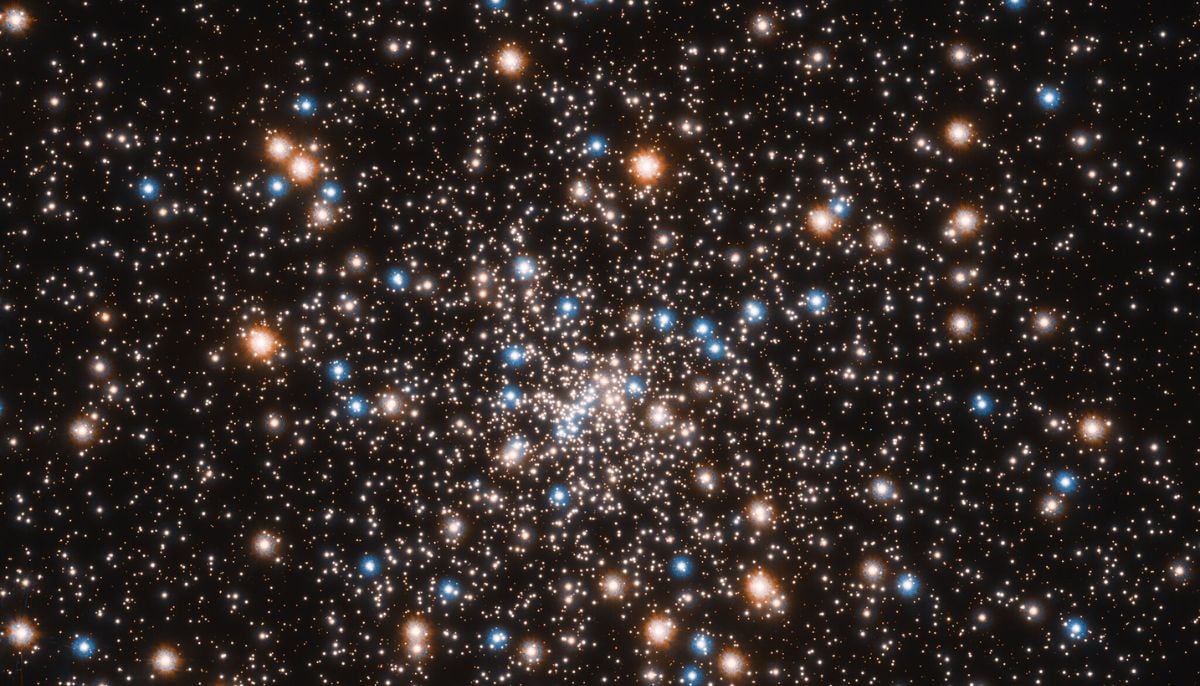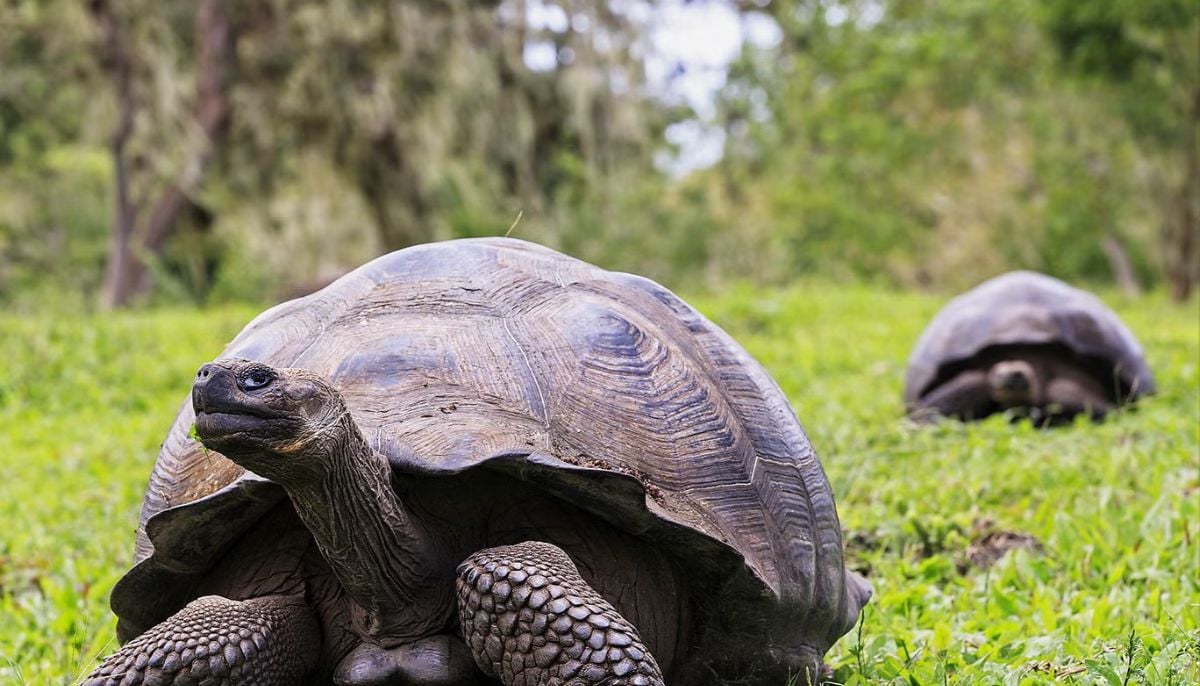Un-bee-lievable: Air pollution linked to changes in bee gut microbes
A research team is investigating the potential link between air pollution and the declining populations of bees
A recent study by the University of Leicester in the UK has highlighted the impact of air pollution on the microbiome surrounding us. Given the global decline in bee populations, researchers are investigating whether there's a connection between the two. The study aims to explore the effects of air pollution on the bee gut microbiome, which is a community of essential bacteria for bee health.
The researchers are specifically examining how air pollution affects the bee gut microbiome and its bacterial balance, ultimately impacting bee health. Dr Hannah Sampson, the study's lead author, suggests that bees' constant exposure to air pollution particulates may be linked to the global decline in bee populations.
Bumblebees possess a delicate gut microbiome that has evolved with bee species over millions of years. The microbiome's bacterial balance plays a vital role in maintaining bee health, and any disturbance to this balance could be detrimental to pollination and global food security. Snodgrassella alvi is an essential member of the bee gut microbiome that colonizes the bees' large intestine in a biofilm structure, which is crucial for bacterial colonisation. S. alvi is one of the critical initial colonisers of the bee gut microbiome.
A team at the University of Leicester, led by Professor Morrissey, is investigating the potential link between air pollution and the declining populations of bees.
Dr Sampson, a member of the team, exposed Snodgrassella alvi, a beneficial bacteria in the bee gut, to black carbon air pollution in the lab and found that it changed the bacteria's behaviour and the structure of its biofilm. The team also observed a significant change in the abundance of two beneficial bacteria in the gut of live bumble bees after exposure to black carbon.
While Dr Sampson is cautious about drawing direct conclusions from this study, she emphasizes the importance of understanding the impact of air pollution on bee health to protect the planet.
"More research needs to take place as air pollution is having a much greater impact than we think. Air pollution affects microbial communities. Changes to these important communities could have detrimental effects on lots of different ecosystems that affect bees and also directly affect humans," Phys.org quoted her.
-
Sun appears spotless for first time in four years, scientists report
-
SpaceX launches another batch of satellites from Cape Canaveral during late-night mission on Saturday
-
NASA targets March 6 for launch of crewed mission around moon following successful rocket fueling test
-
Greenland ice sheet acts like ‘churning molten rock,’ scientists find
-
Space-based solar power could push the world beyond net zero: Here’s how
-
Hidden ‘dark galaxy' traced by ancient star clusters could rewrite the cosmic galaxy count
-
Astronauts face life threatening risk on Boeing Starliner, NASA says
-
Giant tortoise reintroduced to island after almost 200 years
